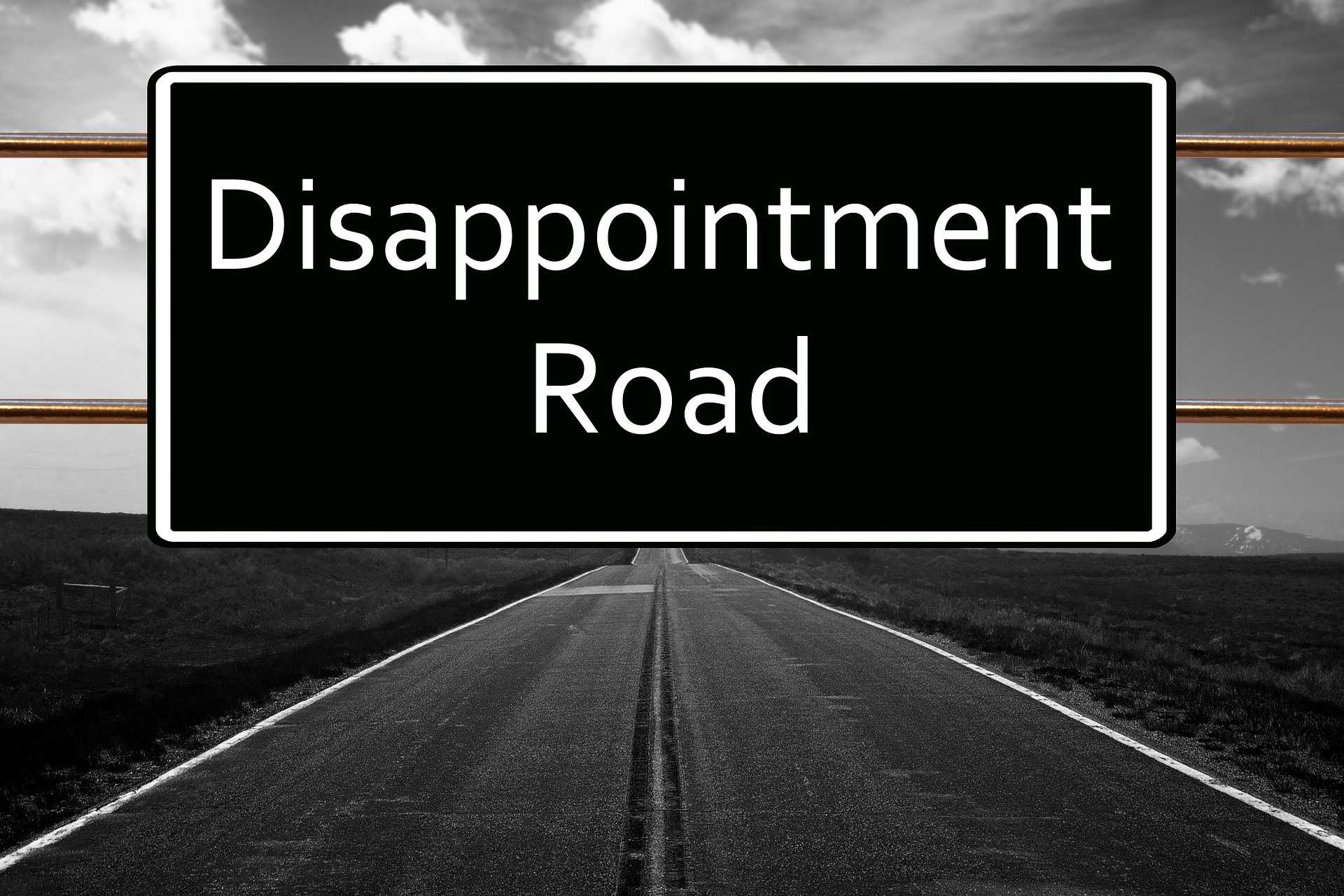
by Janet | Jan 30, 2021 | entrepreneurs, marketing, sales tips, Training
Do you know the biggest threat to your business right now? Well, if you don’t you should. I speak as someone who has experienced what happens when an 18 year old established business gets wiped out pretty much overnight, due to a change in Government...

by Janet | Jan 1, 2021 | customers, entrepreneurs, marketing, prospecting, sales tips, Training
Positive Language can make a huge difference to your sales conversation, so don’t go using language that makes customers avoid you. There are certain words and phrases that are considered clichés in the world of selling. If you want to avoid looking like an...




